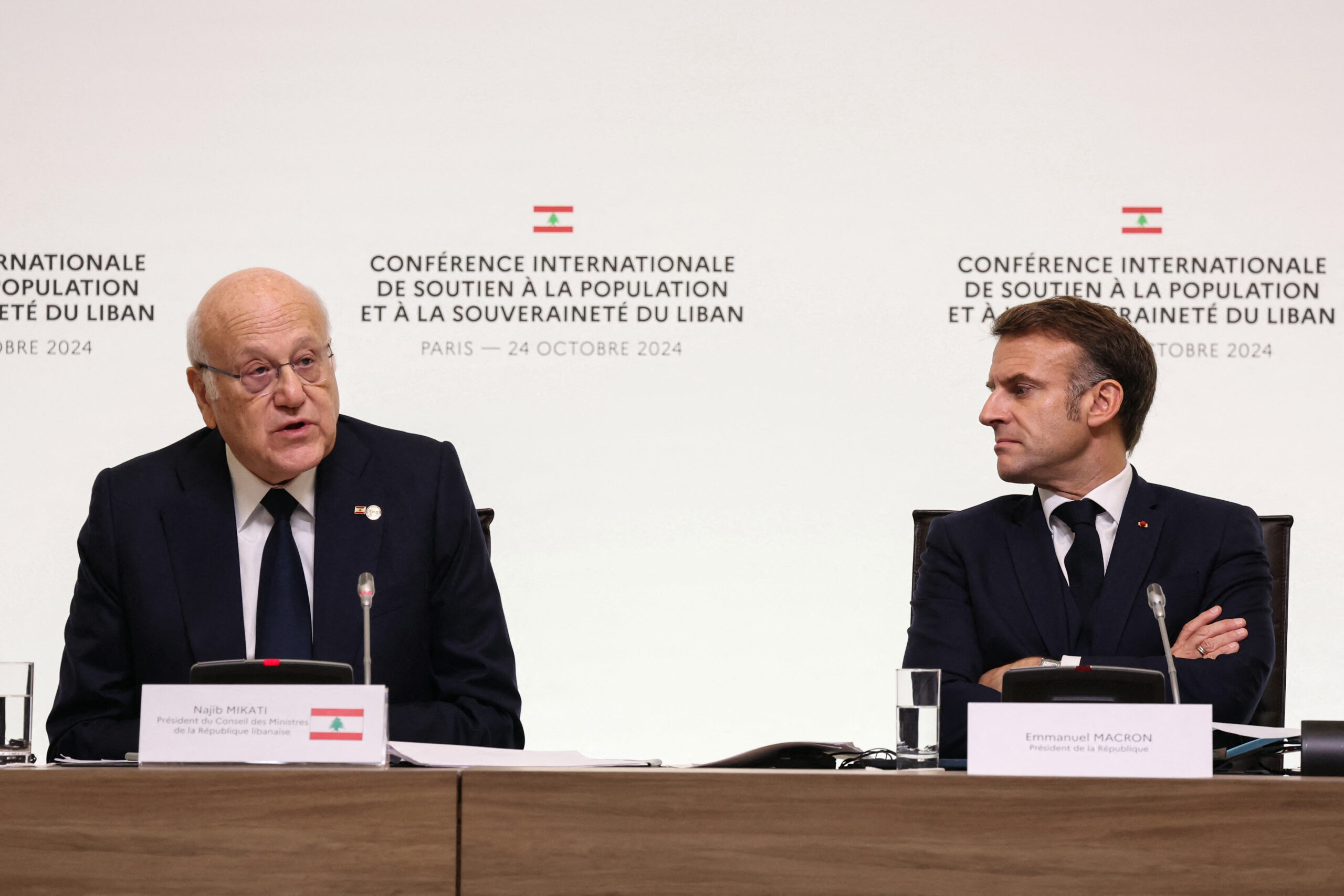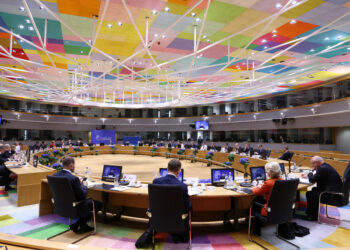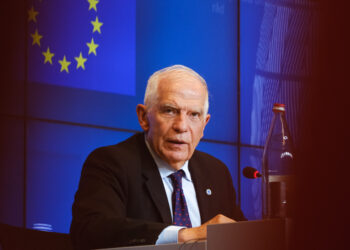Brussels – The UN appeal to raise $426 million to assist the Lebanese civilian population has been met. More than doubled: Paris announced that the international conference on Lebanon held today (Oct. 24) in the French capital has made it possible to raise more than 800 million in humanitarian aid and 200 million to support the regular army. The international community “was up to the challenge,” exulted Foreign Affairs Minister Jean-Noel Barrot. The head of EU diplomacy, Josep Borrell, promised 80 million from Brussels to assist civilians and 60 million for the army by 2025.
Leading by example was the host, Emmanuel Macron, who, opening the proceedings, announced a “massive” €100 million package for Beirut. He was followed by the German government, which pledged to “provide a total of additional €96 million to address the crisis in Lebanon.” The Paris conference was attended by ministers and diplomats from over 70 countries and some 15 international organizations. Italy was represented by Undersecretary for Foreign Affairs Giorgio Silli, as delegated by Foreign Minister Antonio Tajani, who is busy today in Pescara for the Italian-led G7 on Development.

Macron opened the conference by reiterating his call for a ceasefire “as soon as possible” because “more bombs, devastation, and casualties will not make it possible to defeat terrorism and ensure anyone’s security.” The French president attacked Israeli Prime Minister Benjamin Netanyahu, saying that “there is a lot of talk about a war of civilizations,” but “I’m not sure you defend a civilization by sowing barbarism.” At his side, Lebanese Prime Minister Najib Mikati pitted the grim numbers of the conflict between Hezbollah and Israel: 2400 Lebanese casualties and 1.2 million displaced people, including 500,000 minors. But also “serious damage to infrastructure” and targeted attacks on “medical garrisons that show a clear violation of the Geneva Conventions.”
The EU High Representative for Foreign Affairs, Josep Borrell, reiterated the “full support for the Lebanese nation to restore its sovereignty” and stressed the total lack of proportionality in Israel’s military action. At the conference, Borrell presented the points for effective support for Beirut. First and foremost is the ceasefire, for which there is a need to “fight impunity” and ensure that “all actors respect international law.” It is crucial that the Lebanese political leadership “assume its responsibilities and elect the president of the Republic” since Michel Aoun’s term expired more than two years ago.
At the same time, Borrell is determined to strengthen the Lebanese army, which “after the ceasefire is to be deployed in the south of the country.” To implement the plan announced by Beirut and increase its troops by 6,000, the EU is ready to put €20 million on the table by the end of the year and 40 million by 2025. The head of EU diplomacy is convinced that it is necessary at the same time to strengthen the UNIFIL mission, which is a victim of constant provocation and attacks by Israeli forces. “On the border, we have 10,000 men,” Borrell said, “but we could have up to 15,000, the number authorized by UNIFIL.
The conference was also remotely addressed by UN Secretary-General Antonio Guterres, who made it clear once again that “attacks against the blue helmets are totally unacceptable” and “may constitute a war crime.” On the other hand, Guterres called on “Lebanese leaders to take resolute measures to ensure the proper functioning of state institutions to address the country’s urgent political and security challenges.”
English version by the Translation Service of Withub







